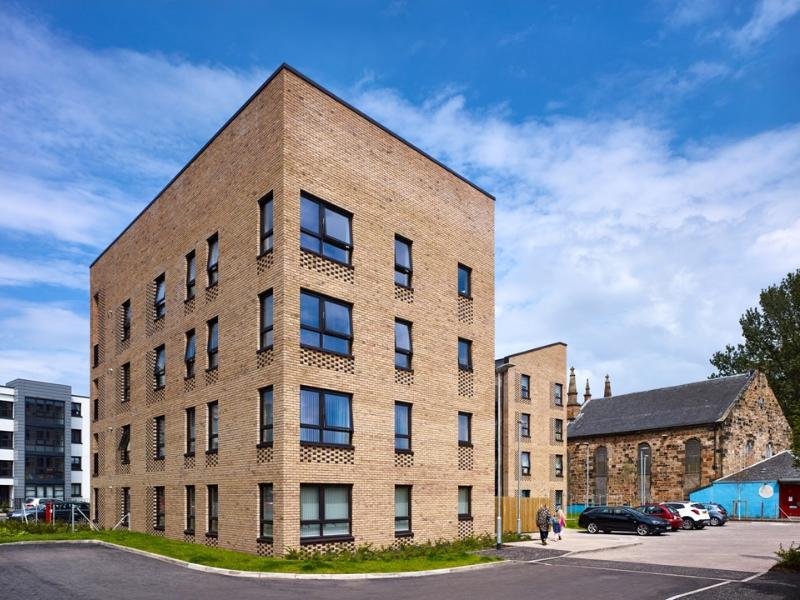Digital Housing Strategy for Glasgow presented to council
Glasgow City Council considered a Digital Housing Strategy for the city yesterday.

This is the first such strategy for Glasgow, and its purpose is to tackle digital exclusion; outline the benefits and challenges from switching to digital platforms; promote these platforms to expand choice in accessing services and housing, and enhance services and the quality of housing; work to ensure Glasgow residents have an affordable broadband connection in their home and can access online services - around 65% of Glasgow households currently have a broadband connection; improve the collection and analysis of housing data; and highlight good practice examples of digital projects and services.
While Glasgow’s Registered Social Landlords such as housing associated expanded their digital services during the pandemic, it should be emphasised that the Digital Housing Strategy (DHS) does not aim to replace traditional forms of communication and service delivery such as face-to-face and telephone contact, but to improve residents’ choice and the service available to them.
The aims identified within the DHS - arrived at through consultation with the public and partners in the housing sector - align with both the Glasgow Housing Strategy and the Digital Glasgow Strategy.
Ensuring that people in Glasgow have a broadband connection is important economically and socially - digital exclusion, which happens for a variety of reasons, disproportionately affects the following groups: older people; the unemployed, or those on a lower income; people with disabilities; the homeless; and households with a lower educational attainment.
Registered Social Landlords in Glasgow have identified that the use of online services results in quicker application processing times for the customers; the ability to connect with tenants who do not usually engage; improved data security; enhancing how tenants can choose to access services; improved business planning; and the ability to allocate resources to support tenants that require greater assistance.
In terms of the priorities of the DHS, the main aims are to:
- Expand the range of housing services that are available online
- Reduce the number of households living in Glasgow that are digitally excluded
- Enhance the collection, analysis and display of data using digital systems
- Deliver effective partnership working to implement digital technology, improve connectivity and online services that will improve the lives of Glasgow’s citizens
- Contribute towards reducing levels of deprivation
- Promote health and wellbeing
A 10-point Action Plan to meet these aims would be delivered by Glasgow City Council, Glasgow Health and Social Care Partnership, Registered Social Landlords (RSLs) and other partners, and some of these actions include the establishment of a Digital Housing Working Group; the expansion of the provision of online housing services for all RSL tenants; working with partners to increase fibre broadband connectivity to existing properties and new build homes; the development of a Digital Housing Guide that outlines best practice relating to promoting digital inclusion, implementing new systems and online services, new technology and collecting/managing data; and the development of a Digital Common Housing Register for Glasgow to improve access to housing, data collection and delivery of online services.
Councillor Ruairi Kelly, chair of the Neighbourhoods, Housing and Public Realm Committee at Glasgow City Council, said: “The Digital Housing Strategy for Glasgow offers the chance to not only improve the quality of housing services in the city in a number of ways, but also bring economic, health and wellbeing benefits to those who those unable to access digital services. The development of this strategy is a significant development for Glasgow.”








